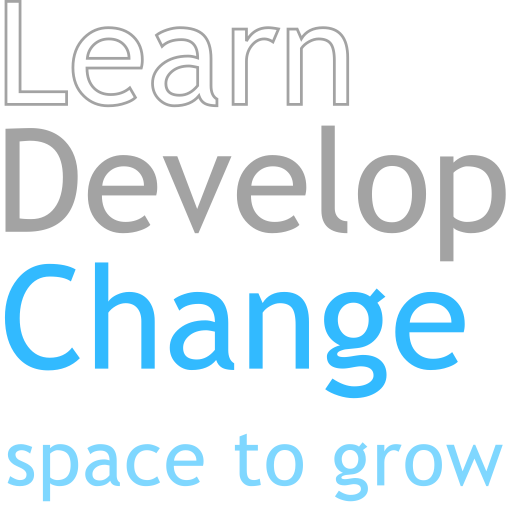I’m going to focus on three strategies for building engagement: consistency, focus and agreement. I've applied them to three common scenarios:
The new manager
The new team
The remote team
That makes nine different ways you can build and keep engagement in your team. Use them as a starting point. I’m sure they will prompt other ideas too.
The new manager
Joining an existing team can be particularly challenging. Let’s face it most people don’t like change, and you are change personified. Here’s where consistency can help.
Consistency
As a new manager, it’s very tempting to change things straight away. Some things that need changing will be obvious to you. Resist the temptation to dive in straight away and make changes. Instead look for why things are the way they are. By going straight into learning mode you get to know the team better more quickly, and you avoid the risk of easy-wins that turn out to be unworkable. As Michael D. Watkins says in “The first 90 days” you need to “focus on understanding the history of the organization” and learn why things are as they are. Another way of putting it is if you can’t explain why a process exists, then you can’t remove it. It developed for a reason - keep it going until that reason is found. You demonstrate a respect for the team’s experience and practice by prioritising understanding them.
Focus
Get your team into a problem solving mindset quicker and also get them involved by asking what they think before you dive in. Make sure you leave space for them to reply. You might have to ask them a couple of times if they aren’t used to being involved in this way. Expect surprising answers and intriguing insights.
Agreement
Avoid getting only positive news from your team and minimise background negative chatter. Get agreement from your team that they will let you know when they see problems ahead and share with you their proposals for resolving them. Your team might need help doing this so show them how to give you and each other good feedback. You may have to model this a few times before people feel comfortable speaking up.
The new team
When you are building a new team you have plenty of opportunities to get things running in a way that works. The challenge is your team is only just starting to form / storm / norm and perform so there might be a lot of things going on that don’t work properly too.
Consistency
People will judge you by what you do rather than what you say. Under promise and over deliver (as far as is practical) with regard to the running of the team. Smaller promises delivered quickly and consistently will build a bank of goodwill that will get you through stormier times.
Focus
Help a newly formed team cut through the distractions by articulating your plans clearly and simply. Einstein said “If you can't explain it simply, you don't understand it well enough.” Make time to get clear about what you want to achieve in the short, medium and long-term and share your plan often. If you can give it a catchy name (‘productise’ it) then you will make it easy to refer to and keep in the front of people’s minds.
Agreement
Get the new team to build its own ‘how we do things’ document. It can cover anything from how disputes are resolved to how brand new members are on boarded. This kind of document grows organically (rather than handed down from the manager) so expect to revisit it and work hard to make it a team-owned document. Keep it visible and you will find that the team members themselves will make sure everyone abides by it.
The remote team
Work is increasingly mobile and distributed. Remote working is commonplace - even if it’s just catching up with emails on the weekend.
Consistency
With remote team members, it is especially important to stick to agreed meeting times and deadlines. Working relationships are built on trust. Distance and technology will sap that trust until all that’s left are misgivings and disaffection. Put a clear team timetable in place and stick with it. If it doesn’t work ask what would work better and try that. Build a rhythm that can keep the wheels turning when everyone is not together.
Focus
Use a simple check-in process to keep everyone's mind on what matters from the very start of the day. This works over the phone, in a video conference and even by email. It’s based on three questions. The answers are intended to be kept short.
- How are you?
- What are you working on today
- What will get in the way of that?
When done in a group setting other members of the team can offer help in overcoming the obstacles. Everyone will know what’s going on. Deeper issues will become obvious if the same problems surface several days in a row.
Agreement
Getting agreement with someone who is not in the same room as you is tricky because it’s hard to get a full sense of how genuine the agreement is. They may be less happy than they appear but the non-verbal cues that would alert you are missing. Try asking how much they agree on a scale of one to five where one is not much agreement at all and five is total agreement. If you get anything other than a five ask what would increase their score by one point. Scaling questions like this are a great way of sounding out the general mood of a meeting too. Asking ‘How’s this going for you so far?’ to each member of a conference call can give you a realistic idea of what needs to be addressed next.
I hope you found something here that is worth trying. Mix and match techniques and see what works for you and your team.
If you'd like more strategies then join our mailing list and we'll let you know when the next article is published.

